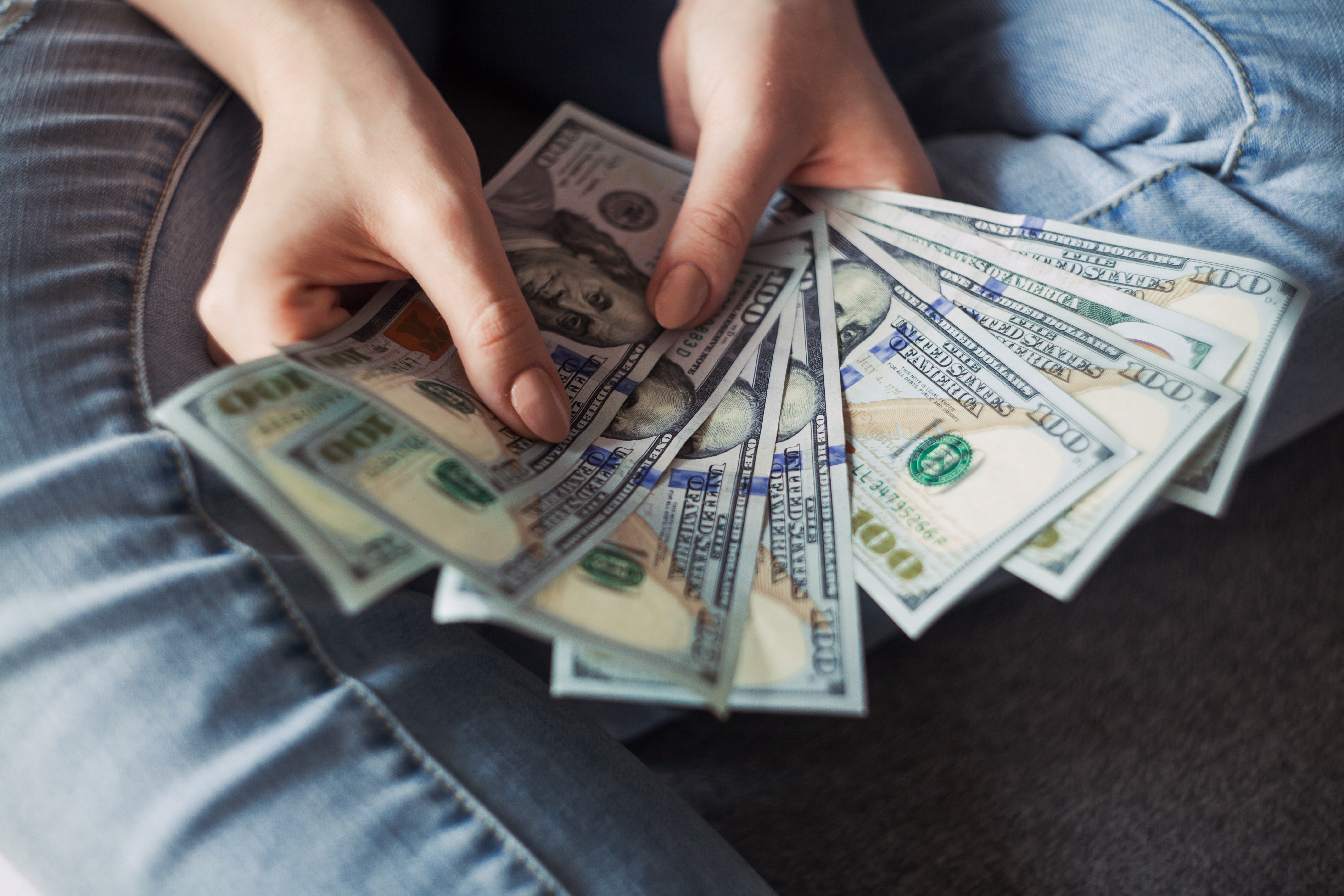When it comes to small business loans, there are many options to consider and can be quite overwhelming when trying to determine which type of loan is best for you. Small Business Administration (SBA) loan programs is something to consider for your small business. SBA loans benefit both the lender and borrower. The borrowers take advantage of the low interest rates and lenders feel confident loaning the money since it is a government-backed program. Businesses have a higher chance of qualifying for SBA loans than conventional loans.
When applying for an SBA loan, it’s important to note that they are not directly offered by the SBA. The SBA works with banks, business lenders and credit unions.
Two of the most popular types of SBA loans are 7(a) and 504 which we will be comparing. Each loan has a specific set of requirements based on the type and amount of the loan.
What is an SBA 7(a) loan?
The 7(a) loan is best for you if you are looking to have access to working capital, purchase furniture and fixtures, make leasehold improvements, or acquire an existing business. The fact that it is very flexible in it its terms is what makes it appealing to many small business owners and start-ups.
Borrower requirements
- Small for-profit business
- United States business
- In an eligible industry
- Good FICO score
- Cannot have access to alternative funds
- Strong personal and business credit
- Strong business financials
- Strong business plan
The maximum amount for the SBA 7(a) loan is $5 million with a minimum of $50,000. Terms are up to 25 years on real estate and up to 10 years on business equipment and acquisition and 7 years for working capital. The down payment is negotiable but typically 10%-15% minimum.
Borrowers should have a strong credit score and credit report free of foreclosures, bankruptcies and defaults on government-backed loans. The documentation required to apply includes federal income tax returns, financial and income statements, and balance sheets.
Personal guarantees are also required when applying for an SBA 7(a) loan. If the loan is less than $25,000 it does not require collateral. Personal real estate can be used as collateral if business assets are unavailable.
What is an SBA 504 loan?
The SBA 504 loan can also help small business owners to grow or maintain their business. You should consider a 504 loan if you need to purchase land or existing buildings, make improvements on existing facilities, or purchase equipment and machinery.
SBA 504 loans also have a maximum loan amount of $5 million and is dependent on the size of the project. They have fixed rates and maturity terms are available at 10 years and 20 years.
Borrower requirements
- Must be for-profit business
- United States business
- Net worth of less than $15 million and net income less than $5 million
- In an eligible industry
- Good FICO score
- Cannot have access to alternative funds
- Strong personal and business credit
- Strong business financials
- Strong business plan
There are very specific guidelines on how the loan can be used unlike the SBA 7(a) which is more flexible with their terms. With a 7(a) loan the loan amount rises but not with the fees on a 504 loan. 504 loans also do not include servicing and legal fees.
Some of the other fees that borrowers may have to pay are upon the policies of the lender. It includes origination fees up to 3.5%, packaging fees, broker fees, and closing costs. These fees can be added to the total cost of the loan.
To qualify for an SBA 504 loan a minimum credit score isn’t required but a strong score will improve your chances of getting approved. The required to documentation needed when applying is personal financial statements, federal income tax returns, income states and balance sheets. Newer business that have been in operation for 2 years or less will need to submit a cash flow analysis.
SBA 504 loans require owners to sign a personal guarantee and collateral is not required. Generally, a down payment will be 10%, however if you business is newer and has been in operation for less than 2 years the down payment could be as high as 30%.
If your business is looking to expand or update facilities, the SBA 504 loan is the best option. Interest rates and repayment terms are the best for commercial real estate. This type of loan is also much easier to qualify for than other means of financing.
Both SBA 7(a) loans and 504 loans have benefits for small business owners. Each one should be carefully considered and researched to determine which is best for your business. The 504 loan is appealing to borrowers since it has a fixed variable rate, no additional collateral is required, and the favorable fees. Whereas on a 7(a) loan the fees are higher if you have a bigger project. A 7(a) loan is a better fit when a business purchase is being combined with real estate.











